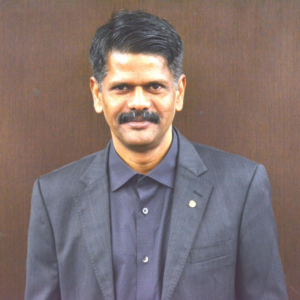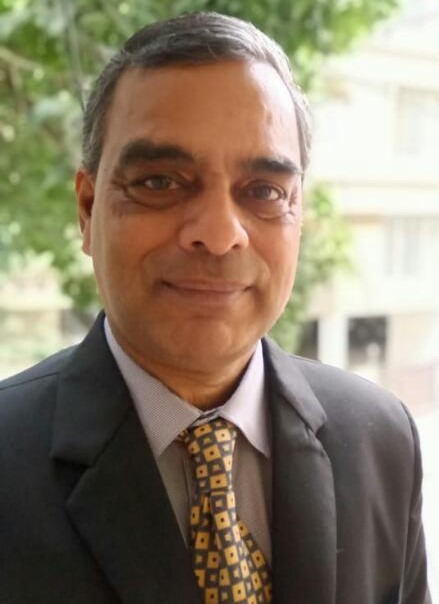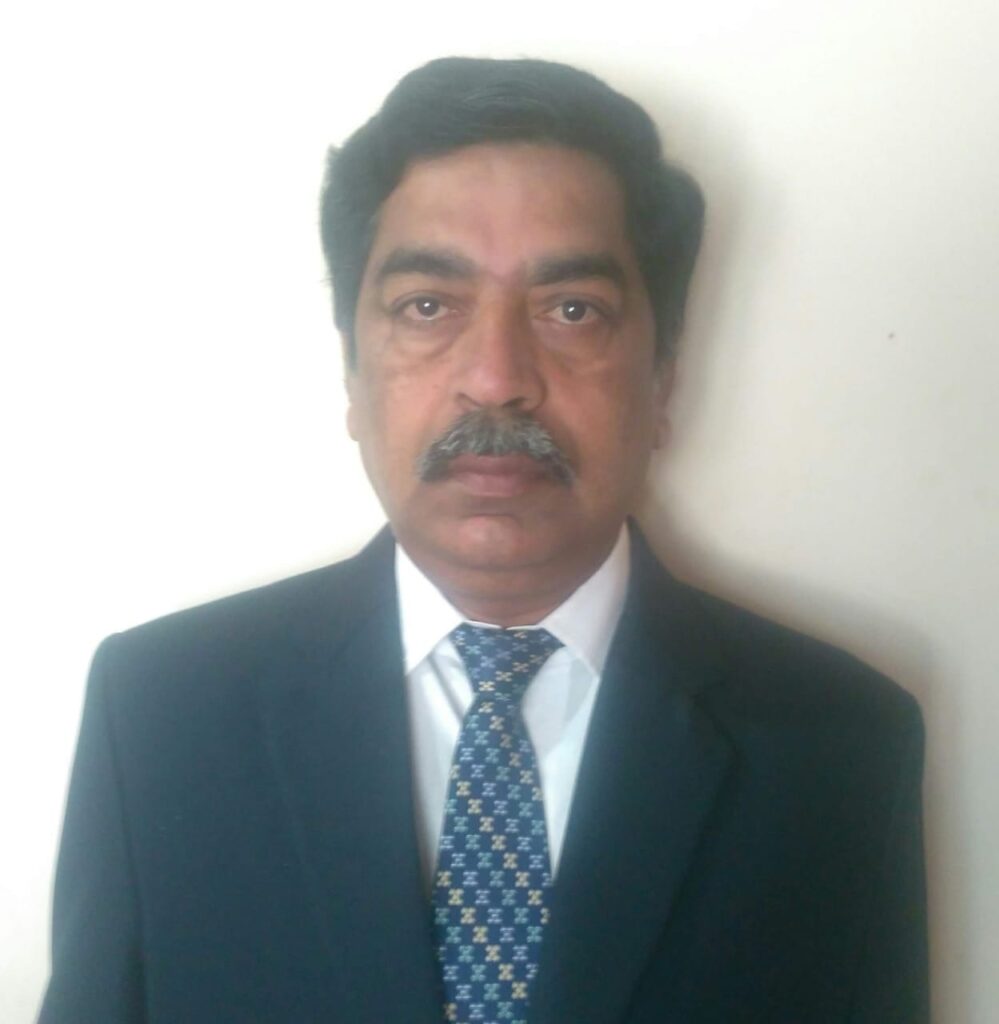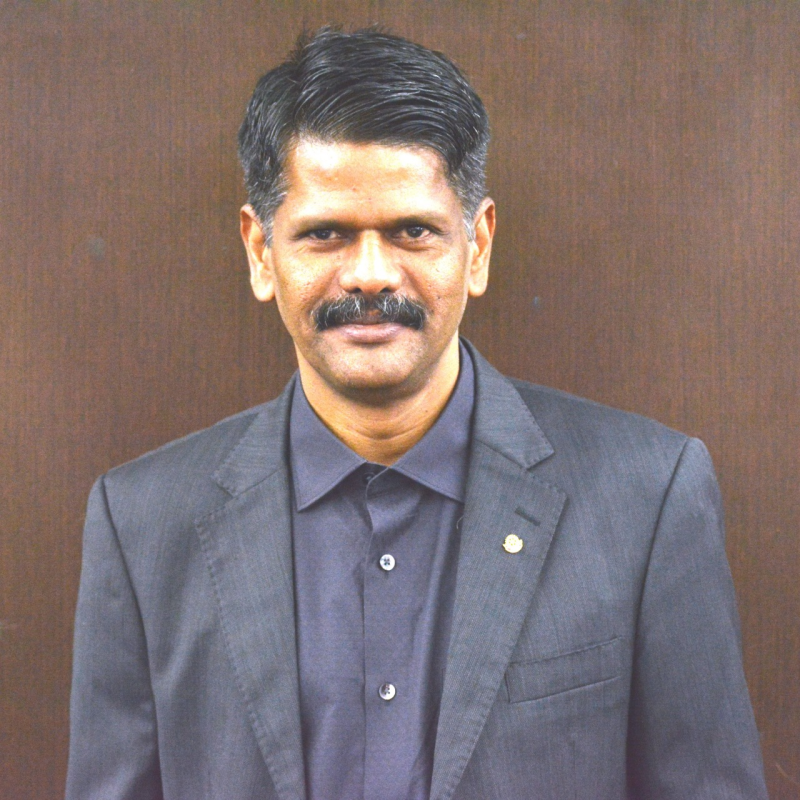Picture this- Long hours being spent every day at office, completely tired and stressed at the end of the day; staff is running helter-skelter answering critical and urgent calls from customers- dousing one fire after the other. Does that resemble your office?
If no one seems to work to a plan but is in a reactive mode, attending to issues as they come, and in spite of all the hard work if you find that you are getting nowhere close to what you set out to achieve and probably have no idea where you are today, then it is very likely that you are not measuring progress.
What is it and what is its significance?
During our school days we regularly received our Progress Report Card. It indicated clearly how we fared in all the subjects, and we took actions based on the report. Just like in school where our progress was measured against targets, in business too we need to measure progress against targets.
So the first step is to identify our goals or expectations and then to keep track of our progress towards the goals. Leaving business without regular measurement of progress is akin to parents who do not review the progress reports. What happens to such a student is obvious, they are either retained in each class for more than a year or just drop out of school. Similarly in business if progress is not measured, monitored and improved either our competition will overtake us or the business may eventually die.
Key Benefits:
Progress measurement is the key to business and personal success. From an external view point, progress not being measured impacts timely completion of projects and/ or failure of business. From an internal perspective it bogs down the owner/ promoter with excess work and stress thus severely impacting growth and scalability.
Moving from Head to Paper:
Let me explain with a simple example how this stress builds up. Let’s say you own a truck and have been assigned to transport goods from Shimla to Kanyakumari in a specified period. If that’s the only business you had, then there was all the time in the world to keep in touch with the truck driver then you would typically do a wonderful job by tracking progress and ensuring that the truck delivers goods on time, in good condition to the receiver in Kanyakumari. Progress measurement is all in the head, but what happens if you grow big to own 10 or 100 trucks and have to move goods from different parts of the country to various destinations; in such a case the old method of keeping all information in one’s head will not work. One can imagine the amount of stress, the chaos and inability to manage the project. The answer to come out of this mess is simple, to get all that is in the head to paper and then to track status in a time bound manner. In very simple terms this is what we call “Measuring Progress”
A Simple Example of How to track
So how would we go about this? We would list out all the trucks, their starting point and time and the destination and expected arrival time. We will also define the route that each truck has to take and we will simply go about keeping track of the status by monitoring by the day or the hour as the case may be. In case any truck is running behind schedule, the reasons for the same is found out and due corrections made in order to catch up. We will also go about defining the responsibilities of all the personnel involved, be it the driver or his assistant, the mechanics who maintain the trucks, the logistics personnel who plan and provide information, the office staff involved in the start and destination offices and the people responsible for the MIS (Management Information System). By defining all this, keeping track of status and by making the information transparent across all people involved we develop a clear robust system that is not dependent on one person. An organization that is devoid of such a system will have one person in whose head all information resides, and I call this person the hero. Such organizations are run with the smartness of the hero and if the hero is sick or not available the whole project is in jeopardy. It is always better to have a process and systems driven organization than one that is run by heroes.
Apply to your Business:
We can extrapolate the truck example to any other business, like starting a hospital, launching a new garment label, setting up a machine shop, developing a web marketing portal or starting a restaurant. In all these cases there is a starting point, which could be conceptualizing and designing; to the end point, which could be to begin delivery of products or process. And all these projects will have definite stages that have to be reached at defined intervals of time; and proper resources and support need to be provided. It is essential to define all this and monitor the progress to ensure that the end is reached on time with optimum utilization of resources.
Now it is clear to us that for measuring progress we need to transfer all that is in our head to paper, we need to clearly define the start and end points and various stages of the project. Responsibility for each activity has to be defined and monitored. Actions have to be taken in case of any step or activity is lagging. This process will also throw up lot of data or intelligence in order to learn and improve the way we conduct business. With such a system in place, not only can we ensure that the project is on time with optimum utilization of resources, but we can also easily scale up the business or have the time to set up another business.
To track progress quite often there is no requirement of advance ERP systems or computer programs; but we can use simple word or excel files.
Conclusion:
Looking busy and stressed may be perceived as a measure of success by some people; however the smart businessperson will move in the direction of progress, by continuous measurement of progress and taking action. It’s not how busy or stressed one is that indicates success, but how one is progressing is a measure of success.









This goes with Peter Drucker, “If you can’t measure it, you can’t improve it.”